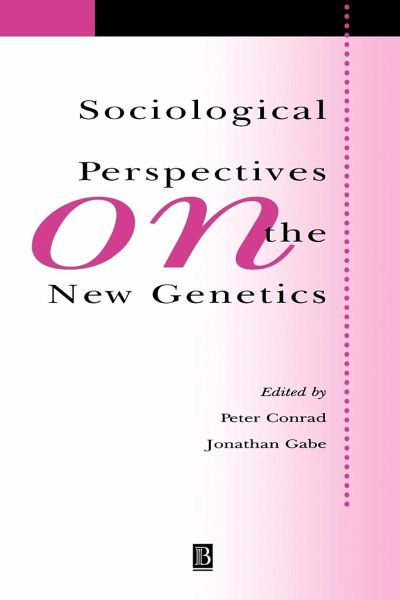
Sociological Perspectives on the New Genetics
Versandkostenfrei!
Versandfertig in über 4 Wochen
48,99 €
inkl. MwSt.

PAYBACK Punkte
24 °P sammeln!
With the advent of the Human Genome Project, the new genetics has moved to the cutting edge of science and medicine. The development and use of such genetics will have a profound impact on our understanding of disease and behaviour. This volume presents new sociological research which explores the structure andproduction of genetic knowledge, its social meaning, impact and implication s for society.




